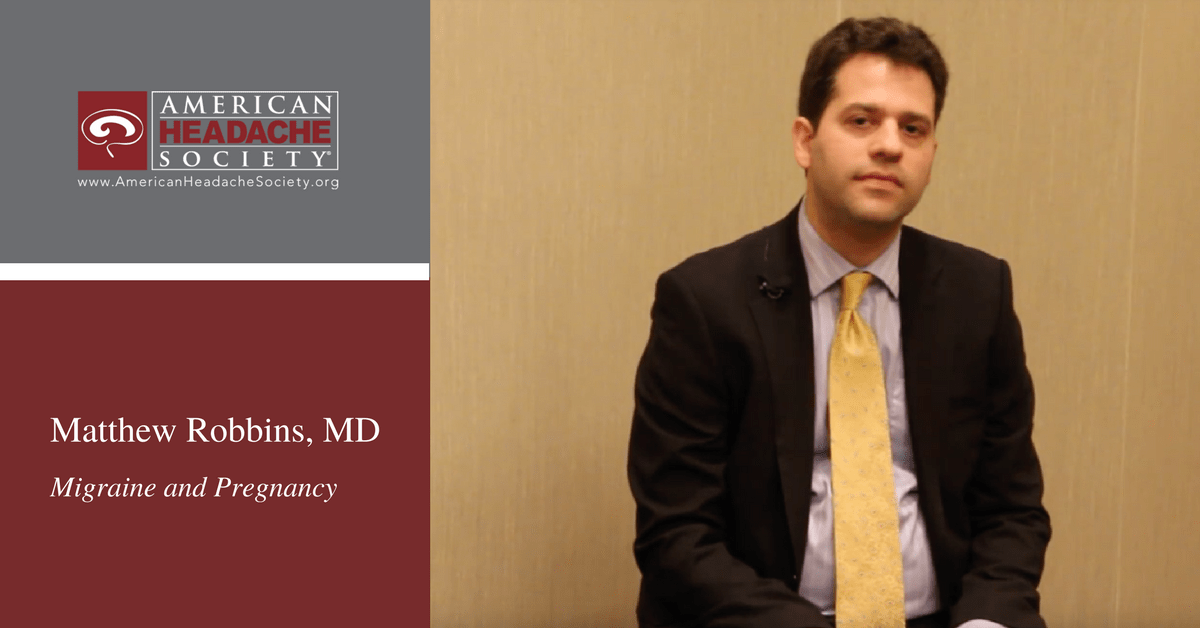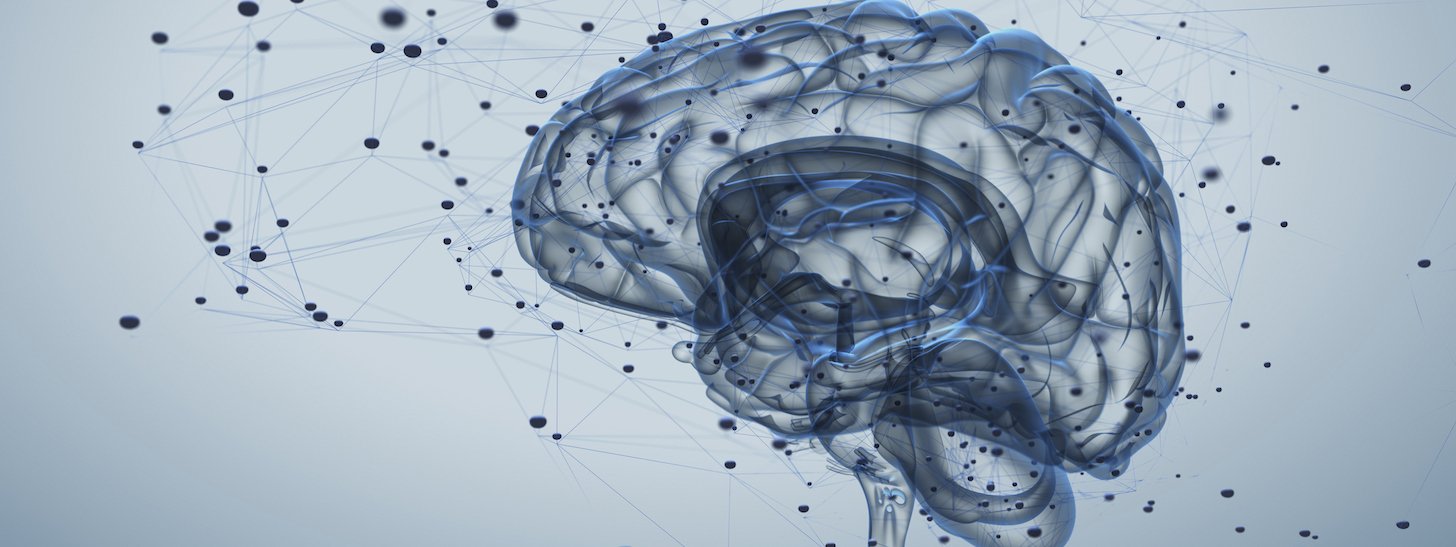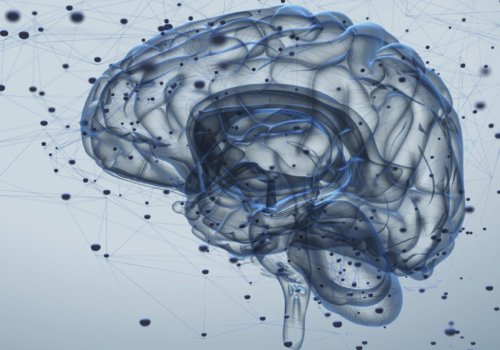
Migraine and Pregnancy: Q&A With Dr. Matthew Robbins
Women with migraine are often worried about how the disease will affect their pregnancy. Dr. Matthew Robbins offers some relief
Dr. Matthew Robbins is an associate professor of neurology at the Albert Einstein College of Medicine in New York, and a neurologist at the Montefiore Headache Center. He spoke with us about the link between pregnancy and migraine, treatments during pregnancy, and postpartum depression.

Is there a relationship between migraine and pregnancy?
Well, migraine is a disease that disproportionately affects women, so it’s natural that pregnancy is a topic that comes up commonly, especially because migraine typically impacts women in their key childbearing years. It’s a topic that comes up often, not just because young women become pregnant, but also because planning is involved. Women with chronic migraine especially have to take these factors into account in terms of medications, timing, and when it’s best for them in life.
Should women with migraine avoid having children, or be afraid of being pregnant while living with migraine?
Women with migraine should definitely not be afraid of becoming pregnant. There’s no evidence or experience that suggests that having children is in any way harmful to women with migraine overall.
For women who are predisposed to migraine, does pregnancy tend to quell their symptoms, or enhance them, or does it depend?
The great news is that for most women, pregnancy is helpful in migraine. Migraine has a very complicated relationship with estrogen, but in general estrogen levels that are higher or stable are generally protective from migraine. In pregnancy, when estrogen levels increase, most women report improvement in migraine—in how frequent the attacks are and how severe the attacks are. Luckily, this improvement usually continues through pregnancy to the end, and often even after delivery if a woman is breastfeeding.
What is the link between migraine and breastfeeding?
Breastfeeding may actually help improve migraine frequency and severity after a baby is born, because it might continue to prevent estrogen states from lowering in women who have just delivered. So there are many health benefits to breastfeeding for both mother and baby, but they may also benefit migraine. So we always encourage our patients to breastfeed, especially if they have migraine, because it might confer an added benefit.
When in the family planning phase should a doctor be consulted?
The best time to have a discussion about planning ahead for pregnancy with your doctor who is taking care of you for migraine is well before you’re even thinking about conceiving or trying to become pregnant. Discussion might involve not just medicines that are taken on a daily basis as a preventative treatment for migraine, but also medicines that are taken as needed for migraine. Much of the injury that can be done to a developing baby by medications that are taken by a mother who is newly pregnant can occur early on, often before a mother even knows she’s pregnant. So it’s very important to have time to talk about what the plans are, because there could be medicine exposures that could place a developing baby at risk.
What migraine treatments or medications are safe to take during pregnancy?
Women with migraine while pregnant should certainly emphasize the non-medicine approaches to migraine treatment. It includes avoiding triggers, using techniques to minimize stress, any individualized treatment that might not be totally evidence-based, but is safe and might work for that woman. This could include prenatal yoga, acupuncture if it is done properly, or other therapies that an individual finds successful in terms of reducing their stress, which could reduce their susceptibility to migraine attacks. Then there are other treatments that are used safely in pregnancy. One might be nerve block with local anesthetics in the scalp that can break a pregnant woman out of a headache cycle or serve as a short-term preventative treatment until the usual natural history of migraine in pregnancy occurs.
There’s a link between migraine and depression. How does that play a role in postpartum depression?
Well, as far as I know, there is no clear link between migraine and postpartum depression, specifically. Although migraine is associated with depression in general and depression can make migraine worse, women with migraine should not specifically worry about postpartum depression. They should just worry about themselves and having a healthy family and having a healthy baby and making themselves as functional as possible. They should also seek care proactively. Once a woman is postpartum, many treatments that were off limits during pregnancy might be available again and could be used quite quickly after delivering a baby.
Dr. Robbins is a member of the American Headache Society, a professional society for doctors and other health care workers who specialize in studying and treating headache and migraine. The Society’s objectives are to promote the exchange of information and ideas concerning the causes and treatments of headache and related painful disorders, and to share and advance the work of its members. Learn more about the American Headache Society’s work and find out how you can become a member today.


